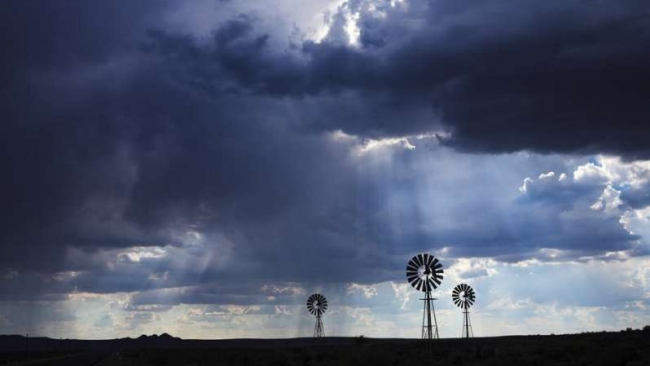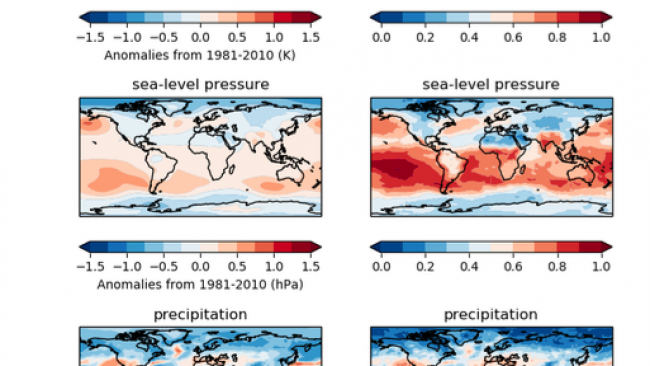Changes in South Africa's rainfall seasons could affect farming and water resources

Most of South Africa's seasonal rainfall occurs during the warmer summer months, from October to March. As a result, October is an important period for farmers to begin planning when to sow crops (such as maize, wheat and sunflowers) for the growing season. October is also an important period for the tourism industry to think about water supplies for the upcoming summer holiday season.
The timing of summer rainfall, and all rainfall across South Africa, is determined by large-scale climate systems. Climate change is gradually changing the location of these systems and their moisture corridors, which bring rainfall to each region. The southward shift in the westerly winds (one of these large-scale climate systems) and their mid-latitude cyclones is one of the reasons Cape Town suffered such a severe water shortage between 2015 and 2017.
Research shows that the record low rainfall amounts were caused by recent expansion of the Hadley cell, the circulation of air from the tropics to subtropics. This expansion has changed the timing of summer rainfall and caused intensification of high-pressure systems (causing dry conditions), and a southward shift of the westerly wind belt (providing moisture for winter cold front rainfall).
Read more at PHYS.ORGSource: PHYS.ORG
Thu 15 Oct 2020 at 10:35





.jpg)